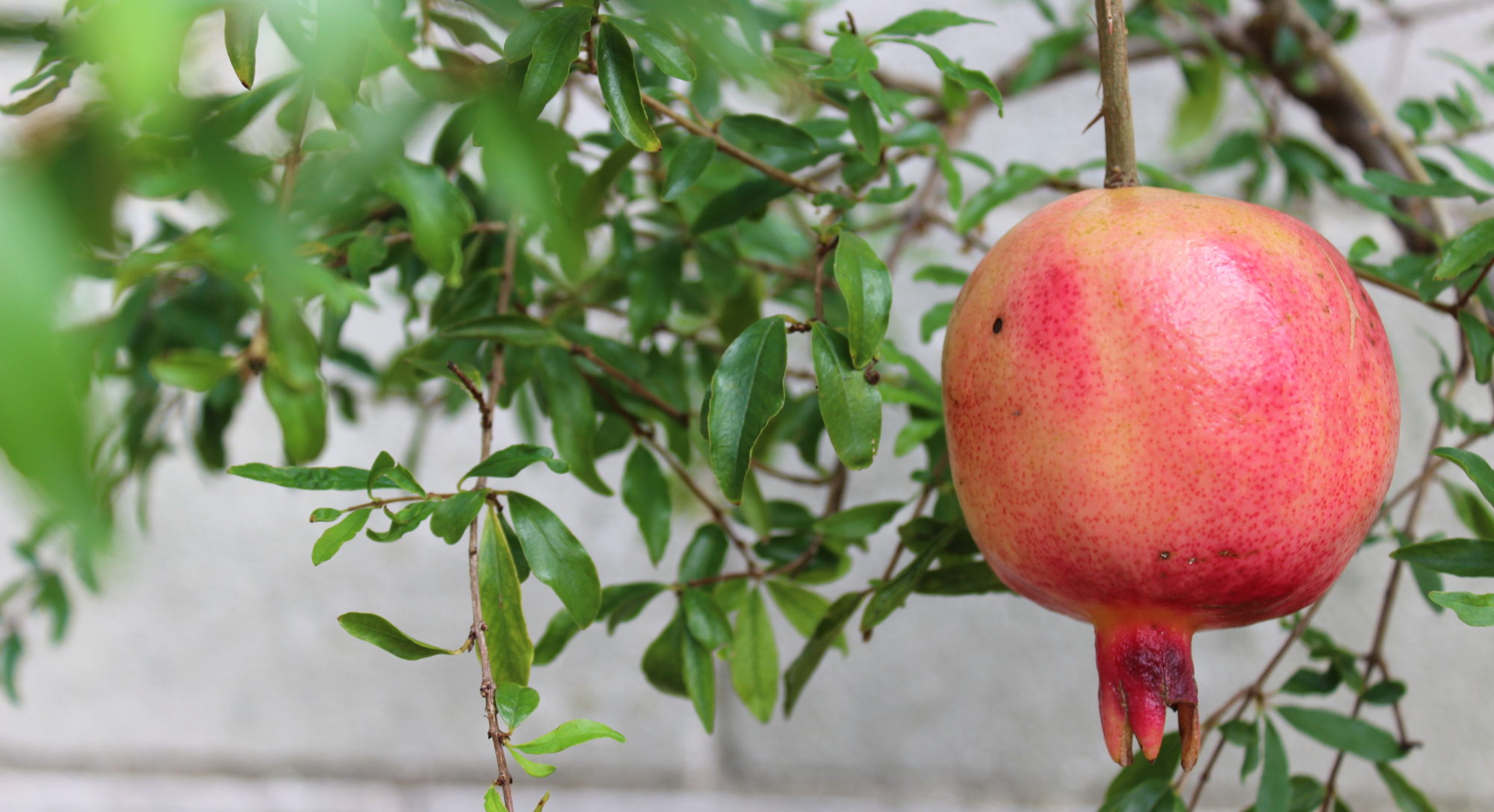The transformation of the word “adult” into a verb (with the attendant “adulting is hard” memes and mugs and Buzzfeed lists) has been mocked and criticized. But I can understand the desire for a verb. It can feel like the true measure of whether we are an “adult” is not our age, but what we are able to do for ourselves. Beneath higher aspirations of love and meaning and career success, we are required to do the basic work to be independent and self-reliant. To keep our homes clean, our fridges stocked, our bills paid. We invest for retirement and pay for health insurance, securing our independence even in sickness and old age. It may not be a scandal to ask for help, but it can feel like an admission that we have failed, somehow, to adequately “adult”.
However, the drudgery of responsibility has its psychological pay-off: the sense of ourselves as creatures with the power to shape our environment, our self, our future. Maintaining our independence makes us feel like we are in control of our own little kingdoms.
The desire to feel independent, in control, is not obliterated by a cancer diagnosis. I have clung to every opportunity to do something for myself, striving for the sense that I am still an adult with agency over what is happening. I have stubbornly caught the subway to and from the hospital on all but the very hardest of days. In between the hours that I couldn’t get off the couch, I’ve gathered the energy to do the grocery shopping, and the laundry, and plan meals that met the complex nutritional requirements and restrictions for chemotherapy. If the responsibility for treating my cancer lay in the hands of my oncologist, then I would take on the responsibility of keeping my body healthy and strong enough to take everything medicine could throw at it.
For many months, I did manage to stay healthy and strong. But, eventually, my red blood cell count – never very high to start with – started to slip. The numbers crept downward and my body responded. My legs became heavy walking up any stairs. My heart raced as I walked down the block. Our apartment got messier as I ended my days too tired to hang up my clothes or put a plate in the dishwasher.
At my eleventh treatment, my doctor gave me a choice: they could give me a blood transfusion immediately, or they could give me one in a few days when the fatigue became unbearable.
I wanted to say “No”. Deeply, instinctively, I didn’t want a blood transfusion. But the transfusion itself wasn’t optional: my choice was either to get one now, or tough it out for a few more days until my limbs turned to lead. I asked my husband what he thought I should do, knowing what he would answer. “It seems like you should have one now,” he responded. It was, I knew, the only sensible choice.
So I quieted the “no”, and agreed to have one immediately.
But where had that desire to say “no” come from? Some part of its roots were intertwined with my clinging sense of independence. I knew, intellectually, that I was relying on other people for my health. My fantastic oncologist, the diligent nurses, the researchers, the pharmacists, were all essential to keeping me well. But they seemed part of the well-oiled ordinary machine of modern life. They were doing their independent assigned parts, as I was striving to do mine.
The blood I would receive didn’t come from the well-oiled machine. It came from another human being. It came from some other person’s choice to do something beyond their assigned part, to give more than they were required to give.
I would not only be receiving the physical blood of another, with all the real and metaphorical life and energy it conveyed. I was also receiving something more profound: a gift freely given by a stranger, without thought of whether the recipient deserved it. A gift I was worthy of receiving for the simple fact of my human need.
Absorbing my connection with that act of a stranger made it difficult to maintain the illusion of independence. My body needed something that only their human body could provide, and only their human kindness could supply.
When I relaxed the grip I was holding on my independence, I surrendered to the fact that the blood transfusion was the sweetest part of my treatment, a joy-filled jolt of connection to the very best part of human nature.
We fear that losing our independence will reveal our dependence. But I think when we let go of the illusion of independence, what we will find instead is our interdependence. Cancer simply revealed my connection to the world; my little kingdom had always been infiltrated by others.
